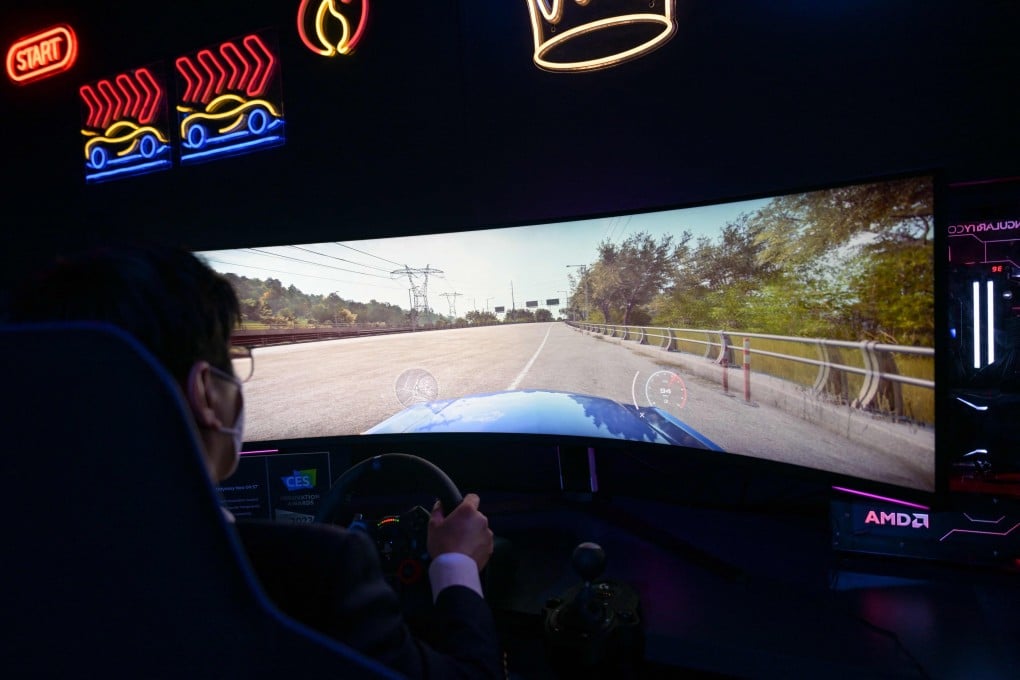China gives out licence approvals for 88 video games, with Tencent, NetEase and miHoYo among studios on the list
- Tencent, operator of the world’s largest video gaming business, secured three licences including one for Undawn
- The latest batch of licences, along with the 128 games approved in December, is the latest sign of a thaw in Beijing’s industry crackdown

China has given out its first batch of video game approvals for 2023, and the firms receiving licences for new titles include market leader Tencent Holdings, NetEase and miHoYo, in another sign that regulatory pressure on the embattled sector is easing.
The National Press and Publication Administration (NPPA), the agency responsible for licensing video games in China, published its latest list of approvals on Tuesday, and the figure of 88 is higher than any monthly domestic approval tally seen in 2022.
Tencent, operator of the world’s largest video gaming business, secured three licences including one for Undawn, an action role-playing game developed by its in-house LightSpeed Studios, and one for Alchemy Stars, a tactical role-playing mobile game developed by its subsidiary Tourdog Studio. It was also given a licence for a mobile game called “Yuan Meng Zhi Xing” in Chinese, which has little public information available as yet.
NetEase, China’s second-largest gaming company, won approval for a shooting game called Badlanders, which has already been released overseas on Steam.
“The large companies are getting more licences. To a certain extent, it means the strict regulation of the past few years has achieved results,” said Zhang Yi, chief executive of iiMedia Research. “Looking forward, the industry will maintain a tone of optimism and opening up.”
MiHoYo, the Shanghai-based creator of hit mobile game Genshin Impact, won approval to publish Honkai: Star Rail, a highly-anticipated instalment of its flagship Honkai series, on both mobile and PCs. This marks the second time the Shanghai-based company has won a licence after the regulator resumed the approvals process last April after an eight-month freeze.